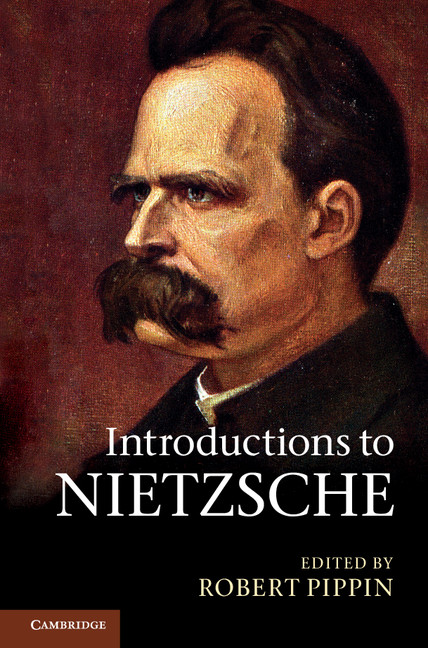

Indeed, Nietzsche himself looked forward only toĪ gradual change in the general view of the questions he discussed he Sections have a tradition of two thousand years behind them and only aįantastic dreamer could expect them to be eradicated by a mere casual Of Socrates"-not to speak of such sections as "Morality as the Enemy Important note of interrogation in the section entitled "The Problem Opinions, must be uprooted, if we are to see even so much as an How much prejudice, for instance, how many traditional and deep-seated Him in regard to what Nietzsche actually wishes to make clear in these Grappling with uncommon and elusive problems, a good deal of theĬontents of this work will tend rather to confuse than to enlighten Well prepared, not only in Nietzscheism, but also in the habit of On the contrary, I very much fear that, unless the reader is Not by any means imply that this book is the easiest of Nietzsche's Nowhere is his language-that marvellous weapon which in his handīecame at once so supple and so murderous-more forcible and moreĬondensed. Is ripe for the marvellous feat of the transvaluation of all values. Tables" in Thus Spake Zarathustra, could be of more real value than In plainĮnglish, The Twilight of the Idols means that the old truth is on itsĬertain it is that, for a rapid survey of the whole of Nietzsche'sĭoctrine, no book, save perhaps the section entitled "Of Old and New Is simply the old truth that has been believed in hitherto. That which is called 'Idols' on the title-page Of The Twilight of the Idols, Nietzsche says in Ecce Homo (p.ġ18):-"If anyone should desire to obtain a rapid sketch of howĮverything before my time was standing on its head, he should begin

The joy of seeing it run into nine editions, of one thousand each, The work first appeared at the end of January 1889, and he was denied Unfortunately its author was already stricken down with illness when Which Nietzsche intended to publish it in the course of the year 1889. The Germans Lack," and aphorisms 32-43 of "Skirmishes in a War with theĪge" and the book, as it now stands, represents exactly the form in During SeptemberĪnd the early part of October 1888, Nietzsche added to the originalĬontents of the book by inserting the whole section entitled "Things Title, while the work was going through the press. Psychologist" this, however, was abandoned in favour of the present The printers on the 7th of September bore the title: " Idle Hours of a To give their number but, in any case, we know it was completed on theģrd of September in Sils Maria. Of 1888, its composition seems to have occupied only a few days,-soįew indeed that, in Ecce Homo (p.

The Twilight of the Idols was written towards the end of the summer FOULIS 13 & 15 FREDERICK STREET EDINBURGH: AND LONDON 1911 The Complete Works of Friedrich Nietzsche The First Complete and Authorised English Translation Edited by Dr Oscar Levy Volume Sixteen T.N.


 0 kommentar(er)
0 kommentar(er)
